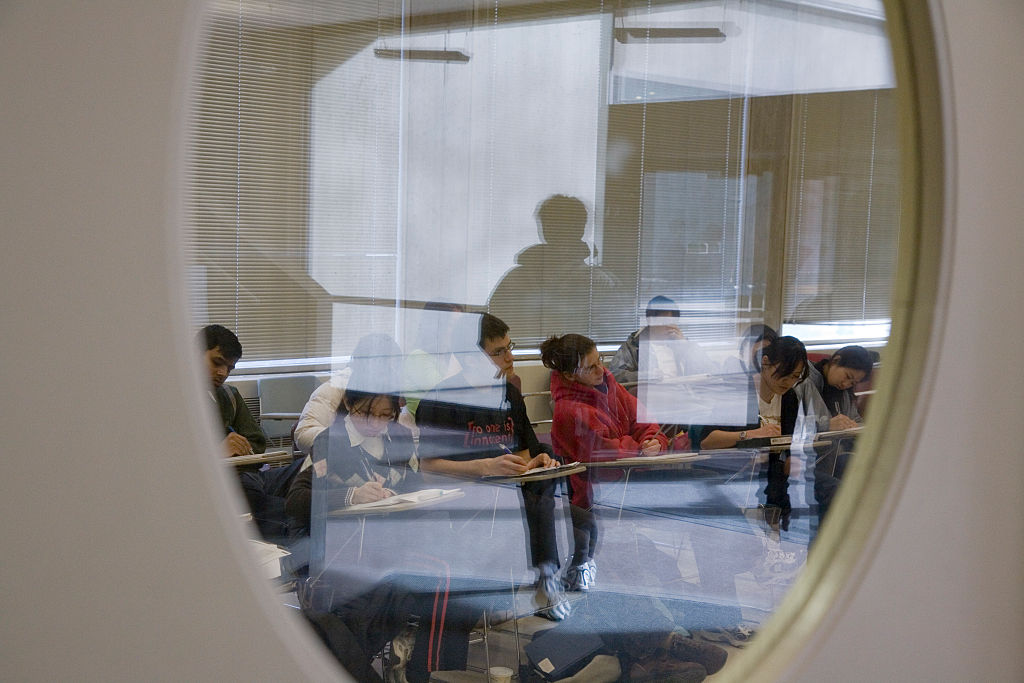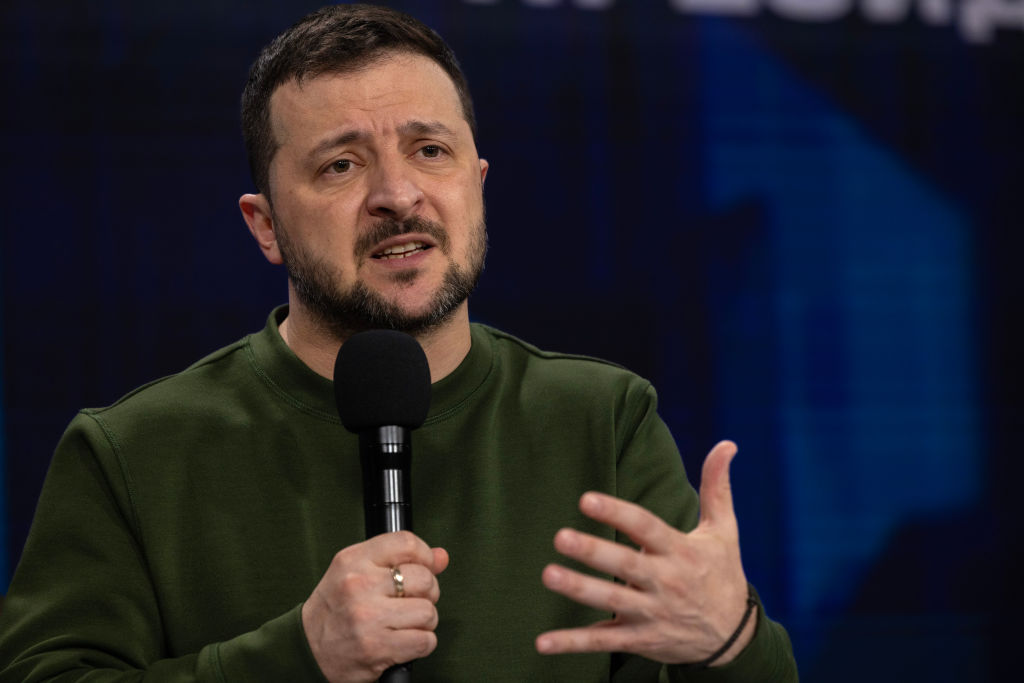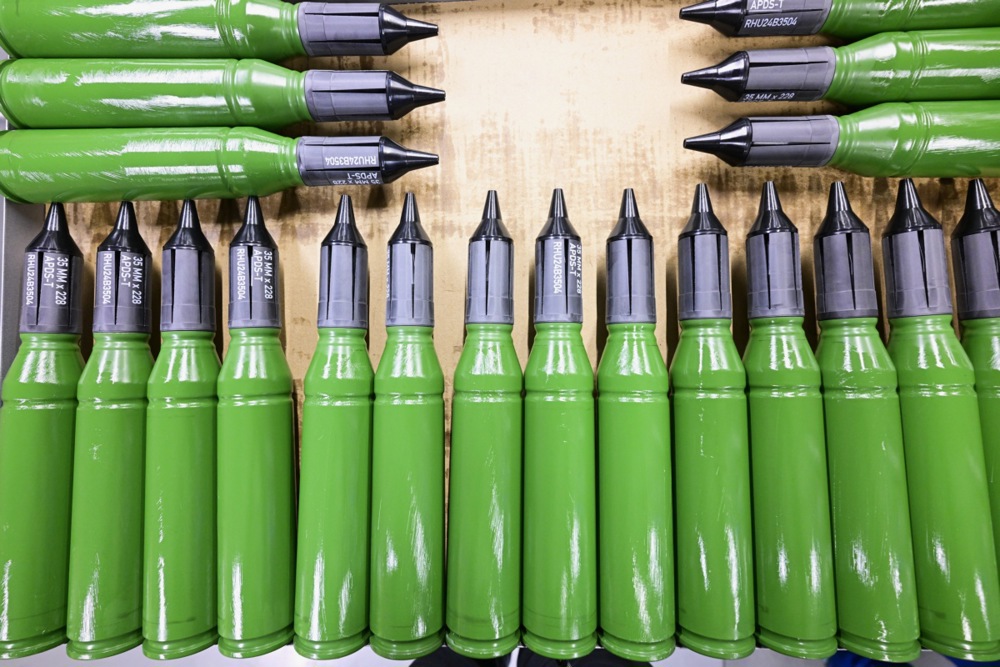More than four million Ukrainians have been granted temporary protection status in the European Union since Russia’s latest invasion of the country began in 2022.
Germany, Poland and Czechia are among the countries that have hosted the highest number of Ukrainians under the system.
According to the latest Eurostat release published September 10, 1,110,600 Ukrainians are under protection status in Germany, 976,205 in Poland and 369,610 in Czechia.
Since the end of June 2024, Poland, Romania and Czechia saw the largest increases in the number of beneficiaries, while the figure decreased in France and Luxembourg.

Ukrainian citizens represented more than 98 per cent of the beneficiaries of temporary protection in the EU, with adult woman making up half of that number with 45.3 per cent of the temporary protection beneficiaries in the bloc.
Children accounted for almost one-third, at 32.4 per cent and men at 26 per cent.
Czechia, Lithuania and Poland recorded the highest ratio of temporary protection beneficiaries per 1,000 people.
In June 2024, the European Council adopted a decision to extend the temporary protection until March 2026.
“Those who fled from Russia’s aggression can continue to count on our solidarity,” said Nicole de Moor, Belgian Secretary of State for Asylum and Migration, at the time.
The temporary protection mechanism was triggered on March 4, 2022 just days after the beginning of the war and was initially due to run until March 4, 2025.
Temporary protection status provides immediate and collective support for those who are unable to return home due to conflict. It is an EU emergency mechanism activated in exceptional circumstances involving a mass influx of war refugees.
Those benefitting from the status are given rights relating to residence, access to the labour market and housing, medical assistance as well as social welfare assistance.
Modi could turn out to be Ukraine’s peace guru, writes @bogdanosk.
Read the full comment ?? https://t.co/5lAxD5jnGa #ukrainerussiawar #ukraine #india pic.twitter.com/Xoue4nKAbl
— Brussels Signal (@brusselssignal) August 28, 2024





